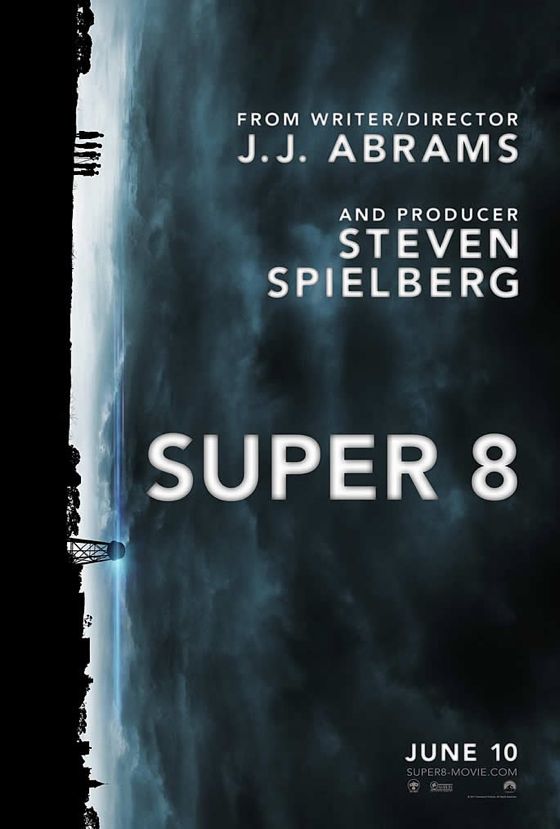
A few viewings of the movie Super 8 prompt some musings from Paul Zahl (of The Zahl File) on the layers of life and on the difficulty of telling a facade from a foundation:
BACK TO FRONT IN SUPER 8
There are two stories within the movie Super 8. Which is the “front story” and which is the “back”?
There are two different realities depicted in Super 8. Which is true and which is false? Or rather, which is really real?
The two stories of Super 8 are the story of childhood, on the one hand, and of adulthood, on the other.
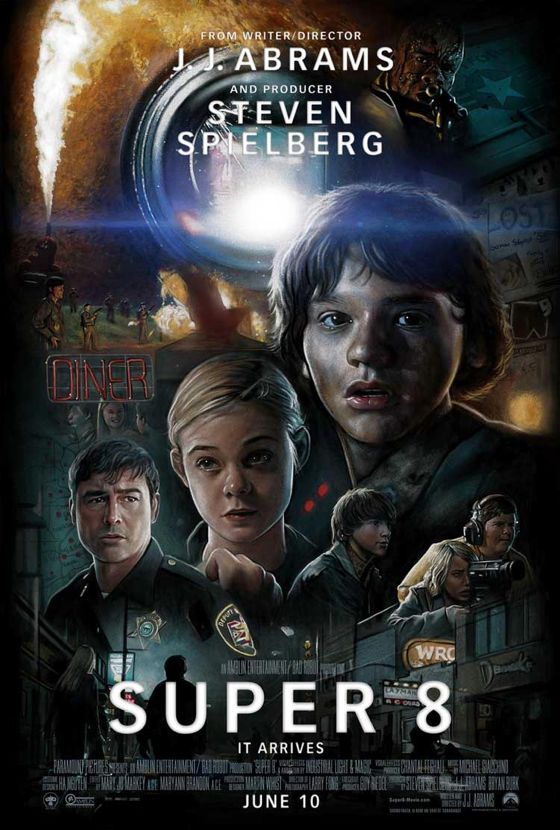
Joe is grieving the death of his mother, Charles wants urgently, to the exclusion of all else, to finish his movie, Cary loves to blow things up and burn things down, and Alice wants to be able to love her father. The children see nothing else, hear nothing else, and can talk of nothing else. The children are immediate with their feelings: there is no monitor governing their emotions. Moreover, the children find out, long before anyone else does, what's really going on.
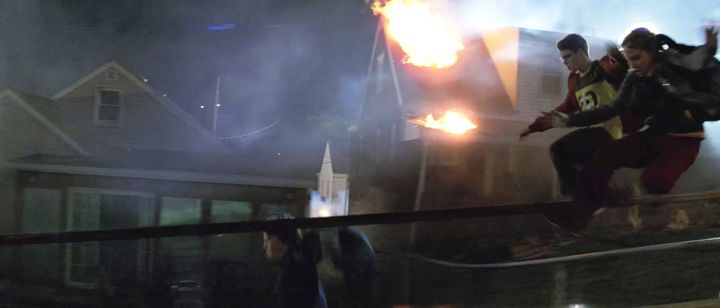
The adults, on the other hand, are trying to control everything. The USAF is trying to control the world. Joe's Dad is “scrambling” — the current word — to control the panic of the town. The merchants of Lillian, Ohio are calling their insurance companies; meeting fruitlessly and interminably to discuss the problem, and with all the wrong information; and blaming “bears” or the Soviets. No adult has the slightest idea what is going on, except the local science teacher, who understands it from the inside out.
The children, in other words, are right with the truth, from start to finish. Instinctively, because of their ungoverned feelings — not a bad thing in this movie — they are never wrong, about any aspect of their lives. I believe this is true in life. “A little child shall lead them.” “Unless you become as a little child, you shall in no wise enter the kingdom of heaven.”
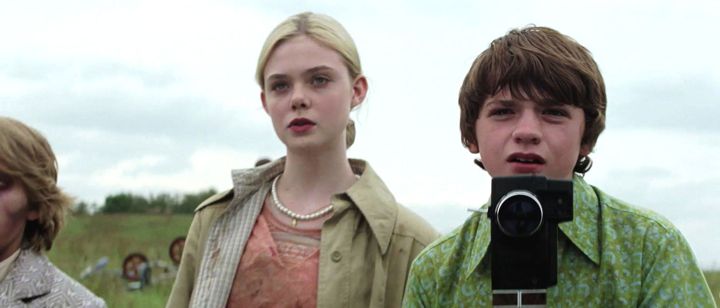
The two stories in Super 8 reflect the two realities of Super 8. The children see everything as it is, or you could almost say, only as it is. The adults, so full of worry and fret, so completely engrossed by conflicting supposed obligations and responsibilities, see nothing as it is. The cost to the adults is the near destruction of their lives and town. The gift to them from the children is knowledge, understanding, and reconciliation.
Super 8 is also monistic. It is a monistic work of popular art. By this I mean that it portrays love and compassion — sounds like a cliché, doesn't it? — as universal to all creatures, including alien monsters. The playing field of love is level.

Recently I came across ten little notebooks, notebooks for a person's breast pocket, which I used for my to-do lists during the Winter and Spring of 1972-1973. I was a recent college graduate and quite confused, about absolutely everything. A lot was going on, and just barely underneath the surface. It mainly concerned girls, and sex; not to mention who did I wish to be and become. I was striking out on almost every front, though there were a few shafts of light oddly breaking through. But those notebooks, goddammit!
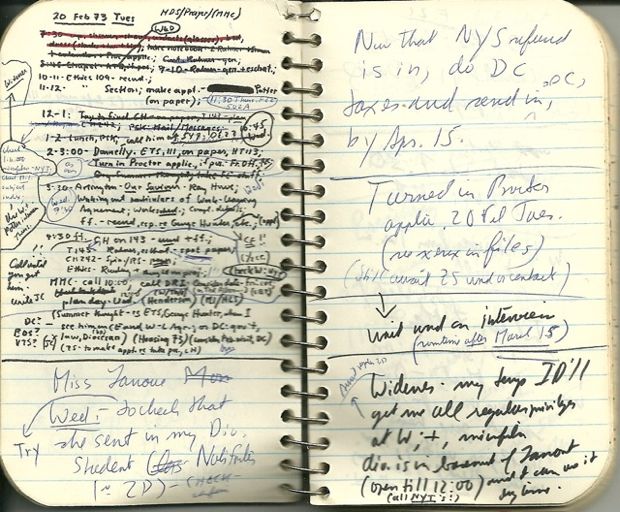
I read them again. They are lists and lists of “urgent” things to do: letters of recommendation to get, applications to complete, courses to take, contacts to make, professions to pursue, taxes to file. Someone named “Mrs. Watson”, the identity of whom I now have no idea but who was probably the administrative assistant to some academic dean, gets innumerable mentions. Yet the only thing I was really thinking about, I mean really, was the person who would later become my wife [below, in a picture from the time]; and how she fit in with some possible other person, and so on.
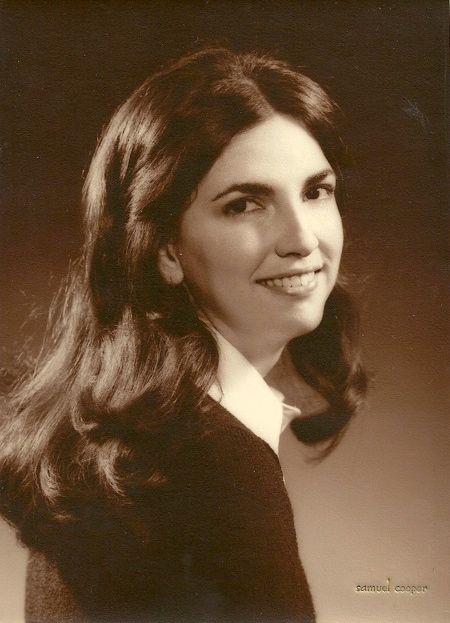
What I am saying is that my little notebooks carry a “front story”, i.e., “process”, “Mrs. Watson”, and getting into some program or school; and they carry a “back story”, i.e., the core relationship of my future life.
But which was really “back” and which was “front”? It was the opposite of what I thought at the time. The career story was the back story, tho' I conceived it to be the front. The Love Story was the front story, tho' I thought it was the back.
This is a lesson for me from life. If only I could go back to 1973 and live the right emphasis. Just like in Super 8, what you think is the back story is really the only story. [Below, Paul in the Seventies:]
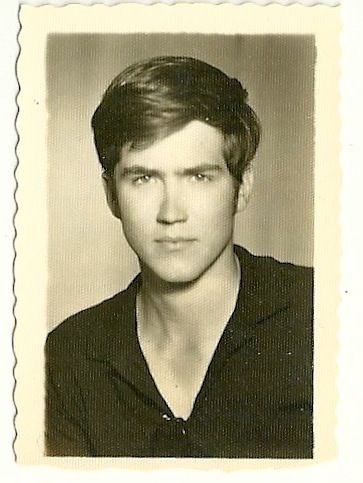
Each of the four times (so far) that I have seen Super 8, I have come home from the theater and dug out my old issues of Famous Monsters. Like the Aga Khan, they are worth their weight in gold. I even found a second issue that had been autographed by Forrest J. Ackerman on the Sacred Day that Lloyd Fonvielle, Bill Bowman, and I were invited to lunch with him.
That's reality. That's the front story. If I could only go back to the future.

Pingback: Notebook Stories: A Blog About Notebooks, Journals, Moleskines, Blank Books, Sketchbooks, Diaries and More